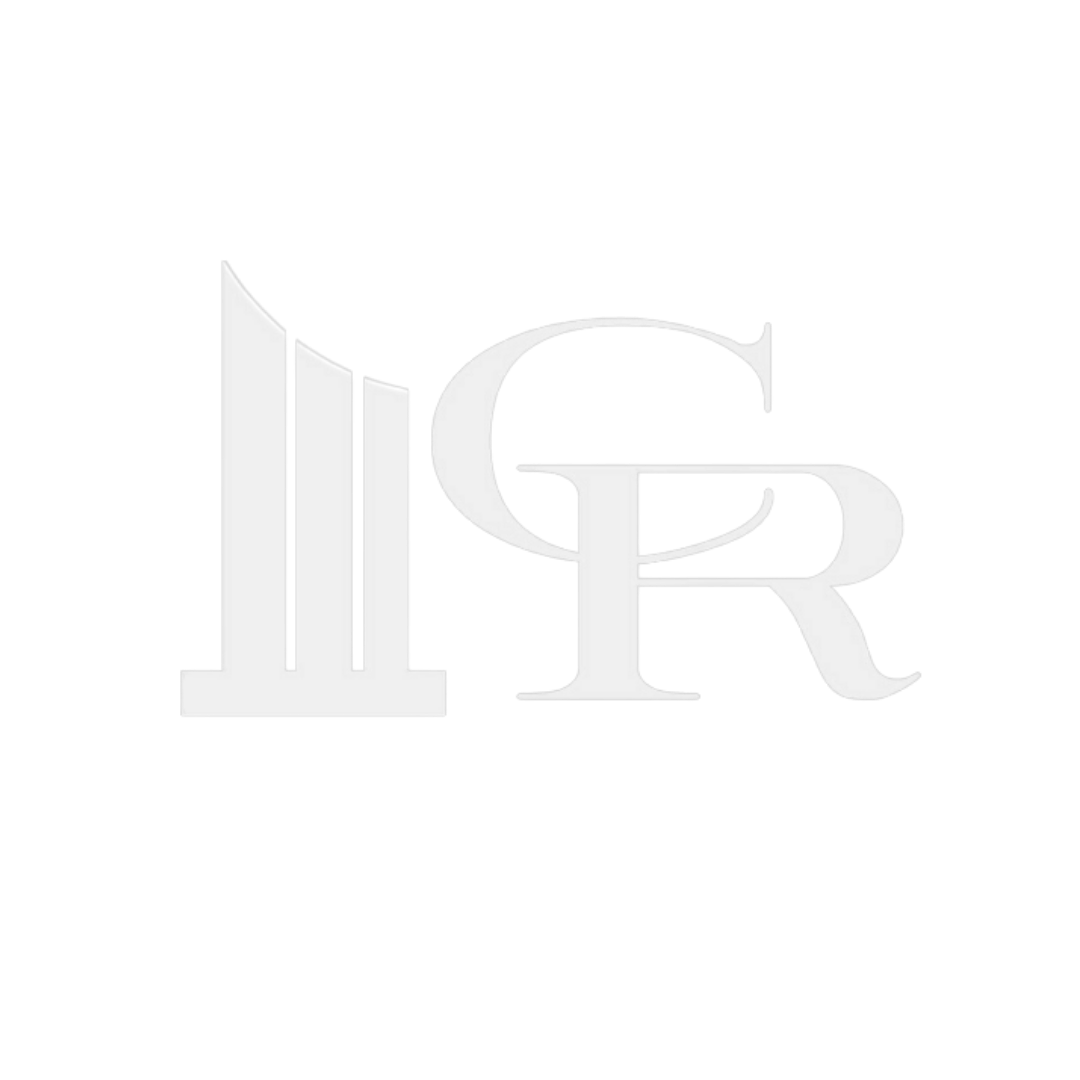Out of the Woods
Why Tiger Woods Would Not Be Held Liable in Louisiana For Owning a Bar
A sad event in Florida recently made headlines after a lawsuit was filed against one of the world’s biggest celebrities, Tiger Woods. A bartender at Woods’ Florida restaurant, Nicholas Immesberger, died in a single-car crash on December 10. At the time of the fatal wreck, Immesberger allegedly had a blood alcohol level of 0.256, more than three times Florida’s legal limit.
Immesberger’s family has filed suit against Woods, his restaurant, and Erica Hermann (Woods’ girlfriend and the restaurant’s general manager). The lawsuit alleges that Woods, Herman, and the bar’s staff were aware of Immesberger’s severe drinking problem, but that the restaurant served him numerous alcoholic beverages anyway. Immesberger then attempted to drive home drunk, crashed his car, and was fatally injured.
While that lawsuit is still pending in a Florida court, it would almost certainly be dismissed if the same scenario happened in Louisiana.
There is no federal law governing liability for damages caused by an intoxicated person, so the rules vary in all fifty states. The Woods case is a clear example of how the same factual circumstances can lead to different legal results, depending on where the events occur. Unlike many states, Louisiana does not impose liability on an establishment serving alcoholic beverages when an intoxicated individual later causes damage. Instead, Louisiana’s liquor liability statute, La. R.S. 9:2800.1, states that an alcohol vendor (whether bar, restaurant, or social host) is not liable for any damages caused off-premises by an intoxicated person.
In other words, in Louisiana, it is the individual who consumed the alcoholic beverages, rather than the server of alcohol, who is liable for all damages caused by intoxication.
There are three exceptions to this rule. Under Louisiana law, a bar or social host can only be held liable for damages caused by an intoxicated person if:
THE CUSTOMER OR PARTY GUEST WAS UNDER 21, THE LEGAL DRINKING AGE,
THE PREMISES OR SOCIAL HOST MISREPRESENTED THAT AN ALCOHOLIC BEVERAGE DID NOT ACTUALLY CONTAIN ALCOHOL, OR
IF THE PREMISES OR SOCIAL HOST FORCED THE INDIVIDUAL TO DRINK TO INTOXICATION.
Because none of these exceptions applied in Immesberger’s case, his family’s suit would be dismissed from a Louisiana court almost immediately after it was filed.
The application of Louisiana’s law can also be illustrated by simple examples.
For instance, assume that David, a thirty-five year-old man, heads to ABC Tavern for happy hour. While there, he drinks four beers and two shots over a period of two hours. He then makes the foolish decision to drive.
On the way home, David rear-ends another vehicle, whose occupants all suffer minor injuries. Louisiana law states that those injured occupants can recover from David (since it was his intoxicated driving that led to their injuries), and they can also recover from David’s insurance company.
However, the injured occupants have no claims against ABC Tavern or its insurer, because David was not a minor, was not forced to drink, and knew that the beverages he consumed contained alcohol.
On the other hand, the situation would be different if David were nineteen, rather than thirty- five. In that case, ABC Tavern would have served alcohol to an underage customer, and therefore could not take advantage of the immunity provided by La. R.S. 9:2800.1. If nineteen year-old David rear-ends a car while drunk, the occupants would have claims against ABC Tavern.

